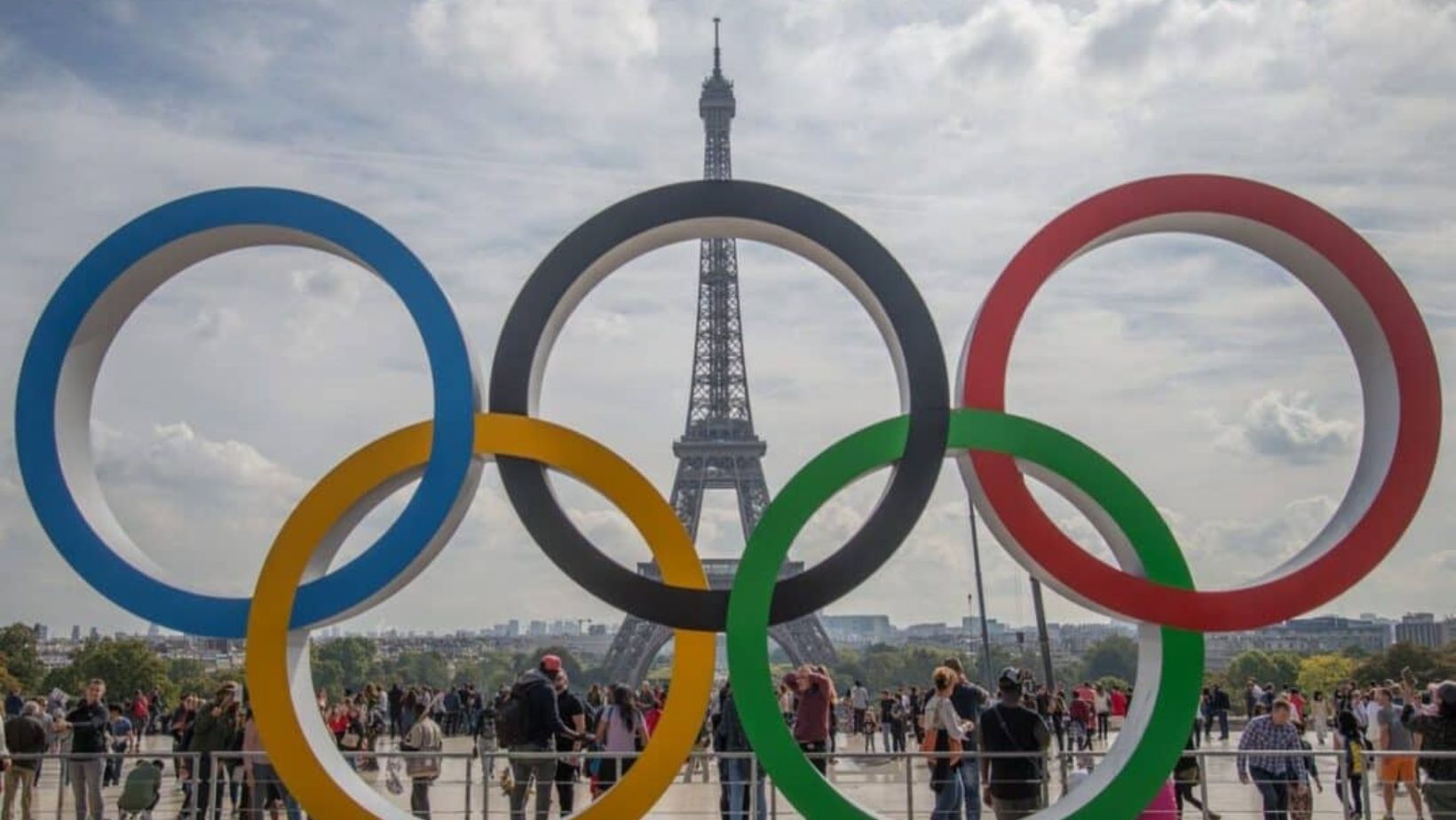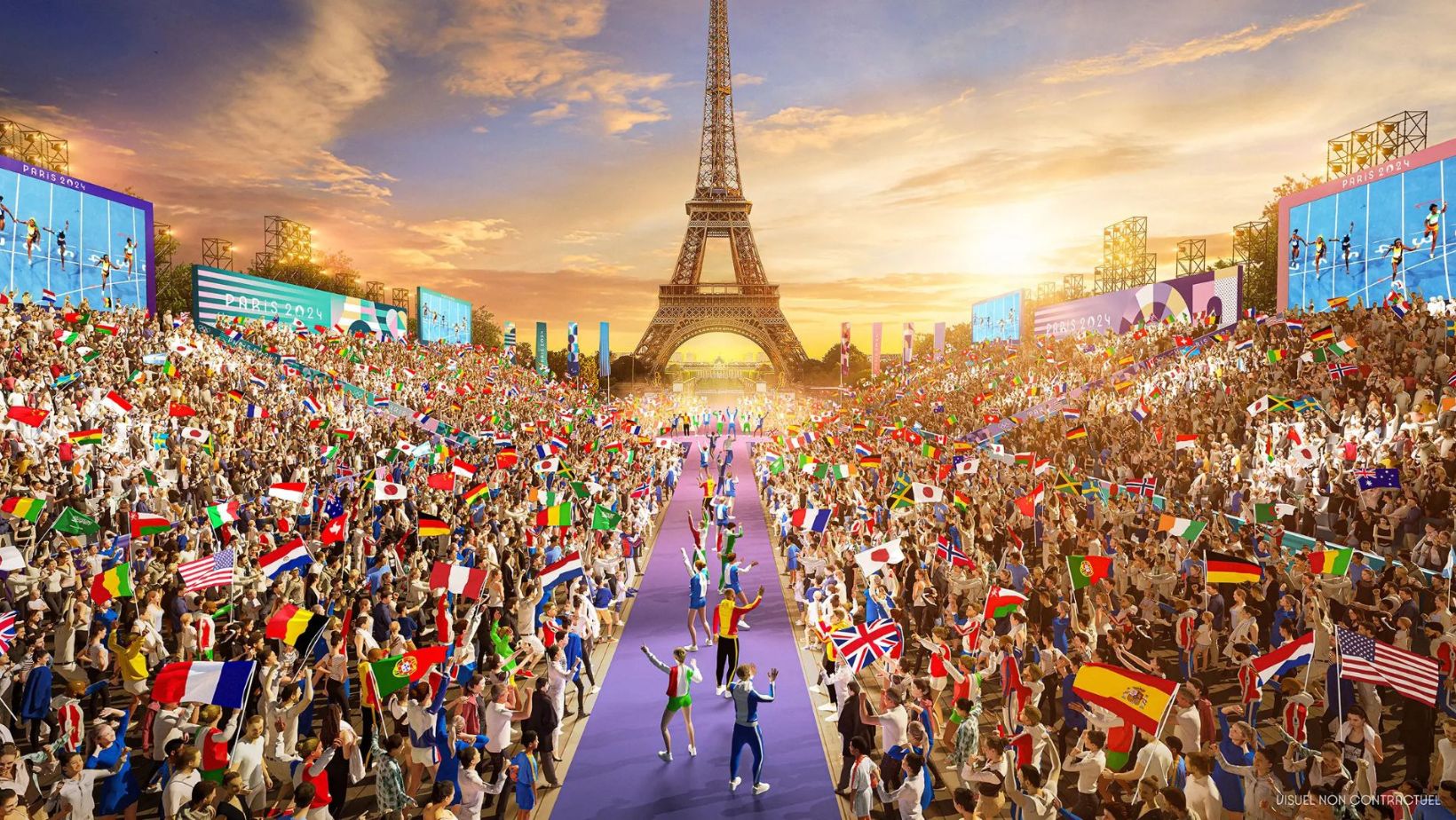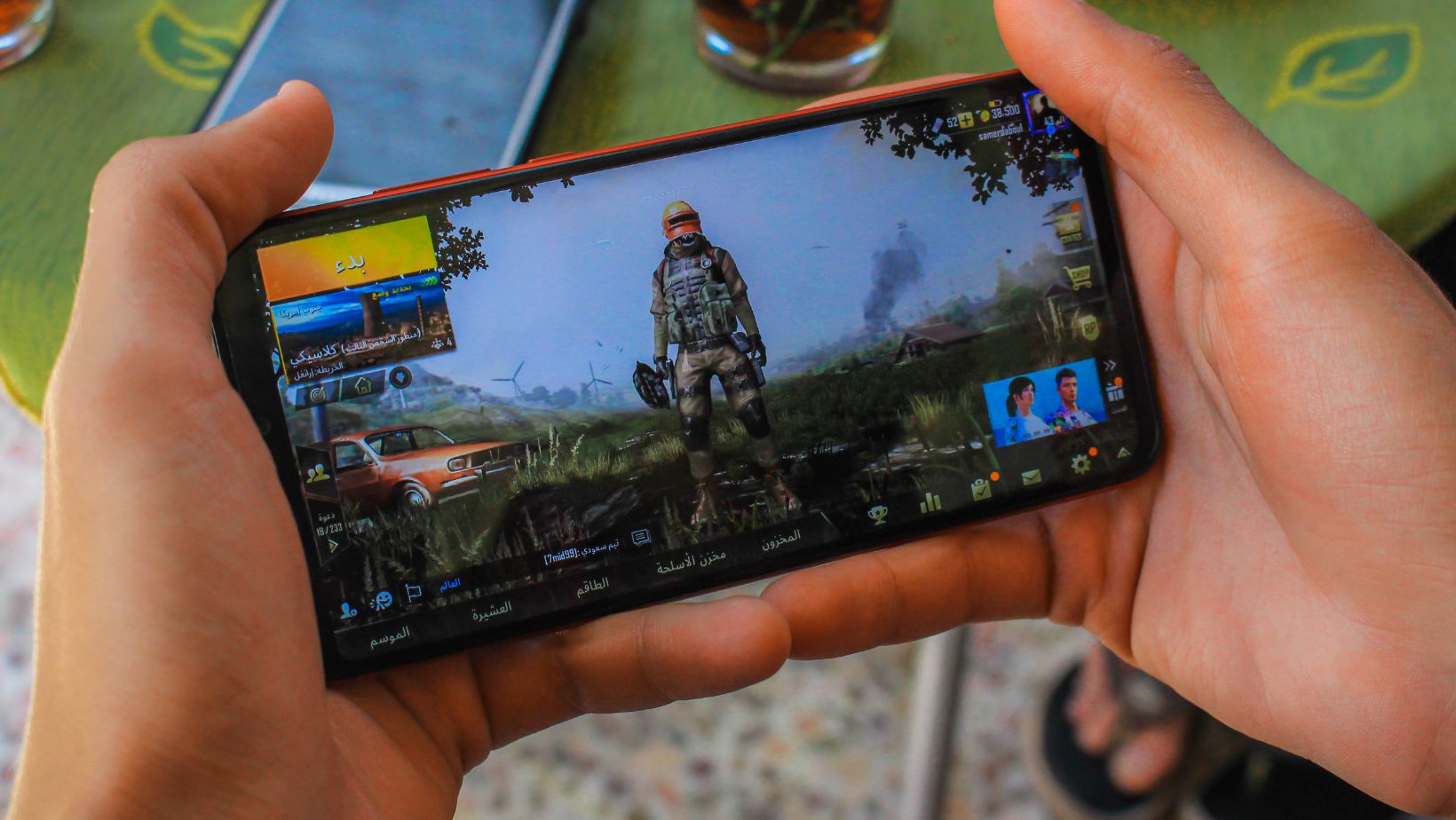Now that some time has passed since the Paris 2024 Olympics wrapped up, we’re starting to see the bigger picture. Those two weeks in France did more than just hand out medals—they shook up the global sports world in ways that are still unfolding here in 2025. You could say the ripple effect of Paris is still going strong, touching everything from how fans follow games to what kinds of sports are climbing the popularity charts. It’s a bit like when you stumble into a crazy balls evolution moment and everything flips—like this one, where the unexpected becomes the new normal.
So what exactly changed? Let’s take a look.
Table of Contents
ToggleA New Generation of Champions
The biggest shift might be the rise of new faces. Athletes from lesser-known sports or smaller countries took center stage and grabbed global attention. This wasn’t just about raw talent—it was about connection. Fans around the world related to these athletes because they weren’t polished media machines. They were real, sometimes raw, and totally engaging.
In 2025, many of these breakout stars are still everywhere—collaborating with brands, launching initiatives, and helping bring more visibility to their sports. Their stories have made global competition feel a little more human, and a lot more inclusive.
Sports Calendars Are Getting a Makeover
One interesting thing that happened post-Olympics: a reshuffling of the sports calendar. Certain Olympic events that gained massive popularity are now being featured more prominently in other competitions. Some leagues are even adjusting formats to mimic the quick, high-stakes energy of the Olympic games.
This has led to more action-packed, fast-moving tournaments, especially during the summer months. Organizers now care just as much about what plays well online as what fills stadiums. Shorter formats, mixed-gender events, and rule tweaks are all part of the post-Paris experiment.
Streaming Took Over—and Isn’t Letting Go
Viewership trends shifted hard in Paris. Most younger fans didn’t sit through traditional broadcasts. They followed games through clips, live TikToks, YouTube commentary, and fast highlights. In 2025, this shift has become the norm.
Sports bodies around the world are adapting to this new audience. There’s less focus on primetime TV slots and more on mobile-friendly content. The new model isn’t about airing one big match—it’s about constant moments worth sharing.
Sustainability Moved from Talk to Action
Paris 2024 made a point of promoting sustainability. It wasn’t perfect, but it set a tone. Cities and sports federations planning events in 2025 and beyond are feeling the pressure to match or exceed that bar.
In practical terms, that means more investment in green infrastructure, reusable venues, and smarter logistics. It’s not just about avoiding bad press anymore—it’s about staying relevant in a world where climate issues matter more to fans than ever before.
Athletes Speaking Out—And Being Heard
Athlete activism isn’t new, but the Olympics gave it a bigger global stage. In Paris, we saw more athletes use their moment in the spotlight to raise awareness on social issues, and the world listened.

Now in 2025, it’s becoming standard for athletes to use their platforms beyond sports. Some are advocating for mental health. Others are speaking on political unrest or equality. Either way, teams, leagues, and media outlets have had to adjust—there’s no “just stick to sports” anymore.
Gender Equity Gaining Real Ground
Paris 2024 made a strong push toward gender balance. Equal numbers of male and female athletes, more mixed events, and fairer media coverage helped highlight just how far things had come—and how far they still had to go.
That momentum didn’t fade. In 2025, there’s been more funding for women’s sports, better pay structures, and increased visibility across all levels. Fans are responding. Attendance, engagement, and sponsorships are all trending up in women’s leagues around the world.
So What Does It All Mean?
The Olympics always leave a mark, but Paris 2024 feels different. It reshaped how we think about sports on a global scale. From who gets to compete to how fans watch and what they care about, the change feels more cultural than just competitive.
We’re only halfway through 2025, and already we’re seeing a more open, more digital, and more socially conscious sports world. It’s not perfect, but it’s moving in a new direction—and Paris was the spark.






